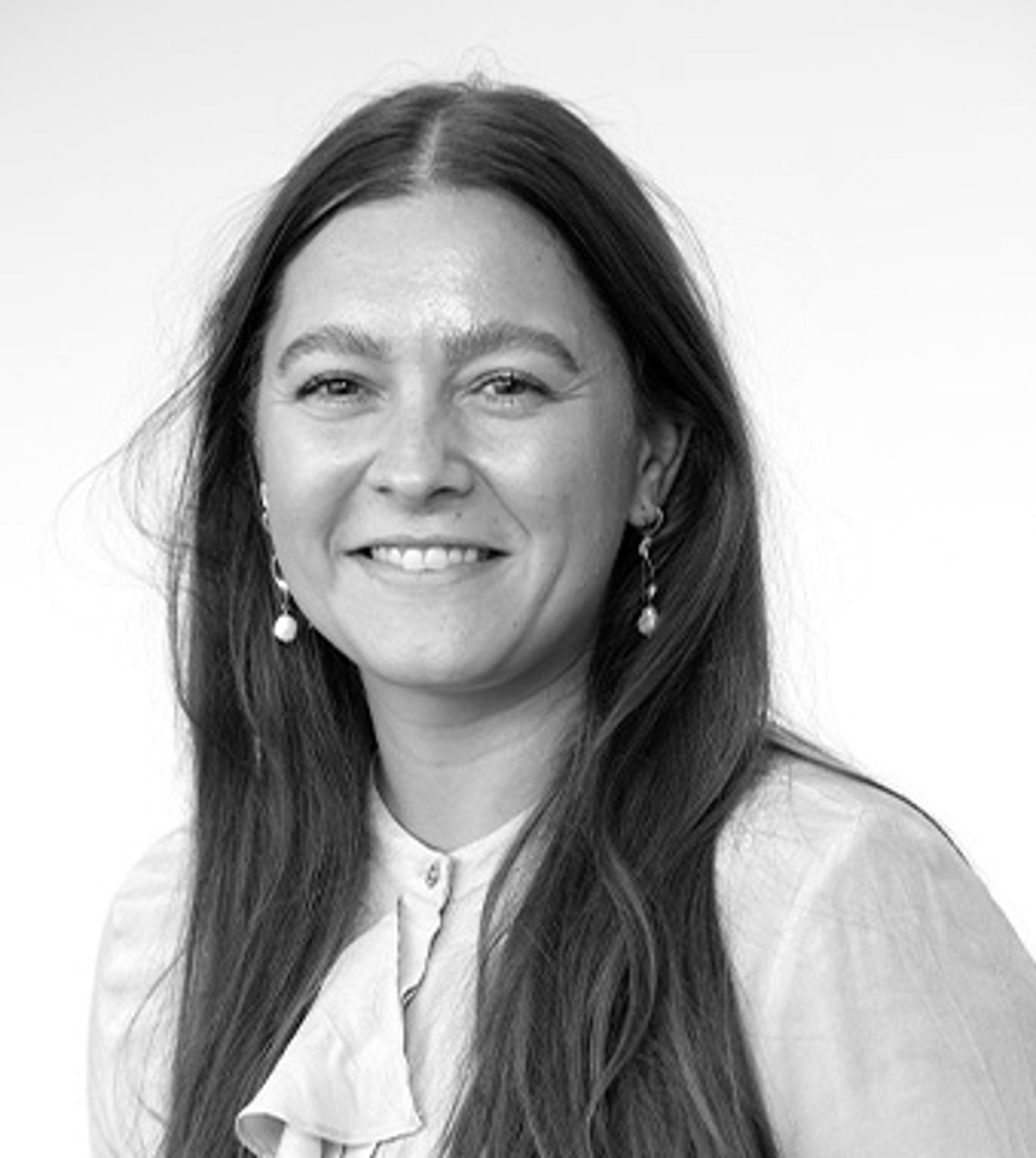RAPIDH

Facts
Project period
Total budget
5,000,000 kr.About the project
Challenge
The Renewable and Affordable Process-Integrated District Heating (RAPIDH) project aims to reduce CO2 emissions in the process industry by 15% by 2030, by ensuring rapid access to district heating as part of realistic and affordable solutions for companies in the process industry.
The project will therefore focus on the following:
- Develop and validate a new process industry module for energyPRO
- Develop a RAPIDH decision support solution
- Test and demonstrate the solution with 11 case companies (process industry and district heating test and demo hosts)
Solution
The project is expected to deliver a solution to optimize energy use in industrial processes, quantify the benefits of integrating the process industry and district heating, and incorporate sector integration with industrial processes into heat planning and district heating design.
Additionally, methods and tools will be developed to provide better and faster technical and economic assessments from technical advisors to industrial companies, district heating companies, and municipal heat planners.
Impact
The benefit of converting from fossil fuel-based industrial boilers to district heating will primarily be a reduction in CO2 emissions when natural gas, oil, or other fossil fuels are replaced. Up to 2030, this emissions reduction will vary depending on the district heating supplier.
In some areas, district heating is primarily based on fossil fuels, such as coal or natural gas, but in most cases, these district heating producers are actively working to implement more environmentally friendly alternatives in their heat production.
Project in the media
Videos
Want to learn more?

Skibsbyggerivej 5, 3. sal.
9000 Aalborg
Navitas
Inge Lehmanns Gade 10
8000 Aarhus C
House of Offshore Innovation
Kanalen 1
6700 Esbjerg
Port House
Vendersgade 74
7000 Fredericia
BLOXHub
Bloxhub, Bryghusgade 8, 3. sal,
1474 København K
Energy Cluster Denmark
Nørre Havnegade 43
6400 Sønderborg
©Energy Cluster Denmark 2025